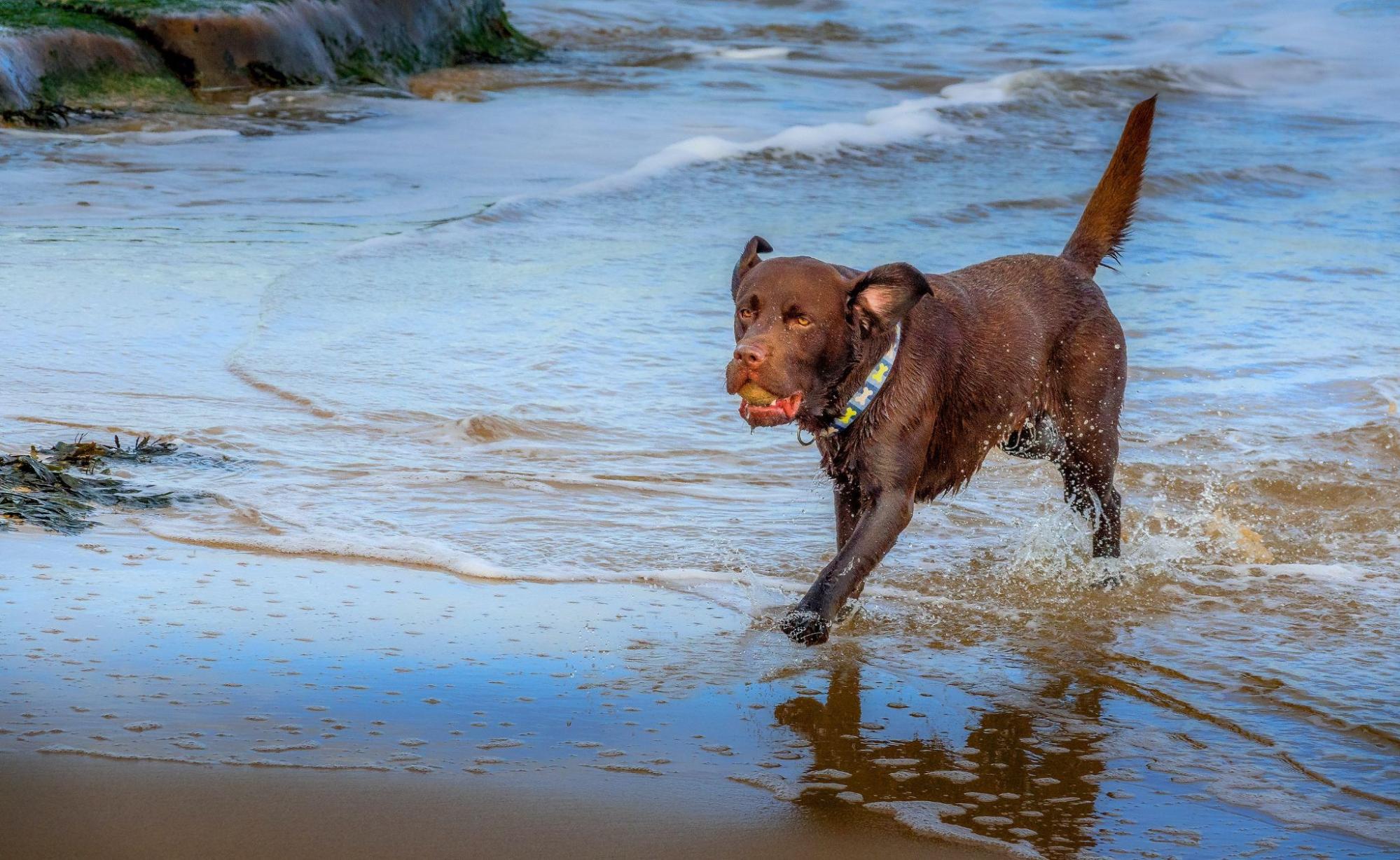Are Dogs Allergic To Rice
Labradors can actually benefit from incorporating rice into their diet as it provides easily digestible carbohydrates and can help with digestion issues. However, it’s important to note that while rice itself may not be an allergen for Labradors, they can still have allergies or sensitivities to other ingredients commonly found in dog food such as chicken, beef, or certain additives.
If you suspect your Labrador has food allergies or sensitivities, it’s best to consult with a veterinarian who can properly diagnose and recommend the appropriate diet for your furry friend. They may suggest an elimination diet where potential allergens are removed from their meals one by one until the culprit is identified.
In conclusion, while Labradors are generally not allergic to rice, they can still have allergies or sensitivities to other ingredients in their food. It’s essential to pay attention to any signs of discomfort or adverse reactions and work closely with a veterinarian when determining the best dietary choices for your beloved Labrador.

Rice Allergies In Dogs
As an expert in canine nutrition and health, I’ve often been asked about the potential allergy risks associated with certain foods for Labradors. One common question that arises is whether dogs are allergic to rice. Let’s delve into the topic of rice allergies in dogs and shed some light on this matter.
- Understanding Rice as a Common Allergen: While rice is generally considered a safe and easily digestible grain for most dogs, it can potentially trigger allergies in certain individuals, including Labradors. Allergies occur when the immune system mistakenly identifies harmless substances as threats and reacts accordingly.
- Identifying Symptoms of Rice Allergies: If your Labrador is allergic to rice, you may notice various signs indicating an adverse reaction. These symptoms can manifest as skin irritations such as itching, redness, rashes, or even ear infections. Gastrointestinal issues like diarrhoea or vomiting may also occur.
- Consulting a Veterinarian for Accurate Diagnosis: If you suspect your Labrador has a rice allergy, it’s crucial to consult with a veterinarian for proper diagnosis. They will conduct thorough examinations and might recommend specific tests like blood work or elimination diets to identify the precise allergen causing your dog’s symptoms.
- Managing Rice Allergies: If your Labrador is diagnosed with a rice allergy, don’t fret! There are several ways you can manage their dietary needs:
- Switching to Alternative Grains: Instead of feeding them rice-based products, look for alternative grains like quinoa or oats that provide similar nutritional benefits without triggering allergies.
- Choosing Grain-Free Options: Consider exploring grain-free dog food options available in the market today. These formulas substitute grains with other carbohydrate sources like sweet potatoes or peas.
- Carefully Reading Food Labels: Be vigilant when purchasing dog food or treats by carefully reading ingredient labels. Look for products explicitly labeled as “rice-free” to ensure you’re avoiding any potential allergens.
- Importance of a Balanced Diet: Whether your Labrador has a rice allergy or not, it’s crucial to provide them with a balanced and nutritionally complete diet. Consult with your veterinarian or a canine nutritionist to create a meal plan that meets their specific dietary requirements.
In conclusion, while Labradors can develop allergies to various food sources, including rice, it’s important to remember that each dog is unique. If you suspect an allergy in your Labrador or notice any concerning symptoms, seek professional veterinary advice for accurate diagnosis and appropriate management strategies.